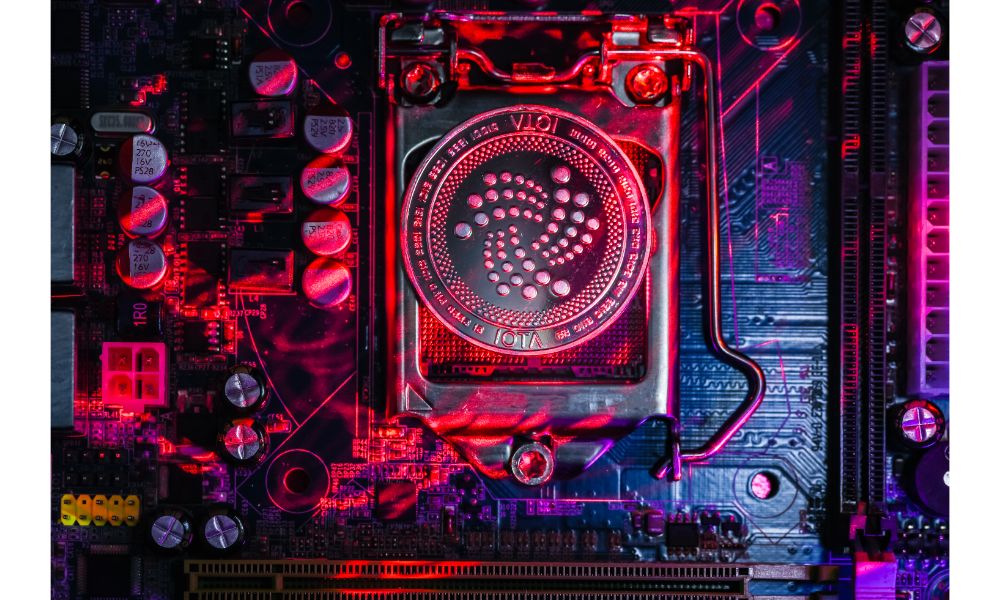- Tokenization, enabled by IOTA and Shimmer, is revolutionizing the management of real-world assets (RWAs) by transforming them into digital tokens.
- While offering immense opportunities, this paradigm shift faces challenges like valuation complexities and regulatory uncertainties.
The Dawn of Asset Tokenization
In an era where digital convenience reigns supreme, traditional transactions involving stocks, bonds, or real estate remain mired in outdated systems and excessive paperwork. However, the advent of blockchain technology, particularly through platforms like IOTA and Shimmer, is ushering in a transformative era of asset tokenization. This process entails converting physical assets into digital tokens, which are then registered on a blockchain, creating an immutable and transparent record of ownership.
Benefits and Opportunities of Tokenized Assets
Tokenization offers a plethora of advantages, significantly altering our perception of asset ownership and management. This shift introduces enhanced liquidity, transparency, and accessibility, allowing assets to be traded in fractions and attracting a broader range of investors. The integration of smart contracts streamlines transaction settlements, facilitating rapid and efficient transactions and reducing the likelihood of disputes and fraud. Furthermore, tokenization paves the way for new markets, as previously illiquid assets become easily tradable across borders.
Tokenization in Decentralized Finance (DeFi)
A notable application of asset tokenization lies in Decentralized Finance (DeFi). By integrating RWAs into DeFi, IOTA and Shimmer can transform the industry, boosting its volume and adoption, and diversifying risks. This integration allows tokenized assets to be used as collateral in DeFi protocols, thereby opening new avenues for financial inclusion and efficiency. Moreover, the tokenization of traditional assets like real estate and precious metals could enlarge the DeFi market significantly, potentially unlocking trillions of dollars in value.
Navigating the Challenges
Despite the potential, tokenization is not without its challenges. Issues such as valuation complexities, liquidity risks, and regulatory uncertainties need to be addressed for broader adoption. Addressing these challenges requires a concerted effort towards regulatory clarity and improved risk management strategies. The IOTA Foundation, with its connections to governments and organizations, is well-positioned to lead the development of regulations for tokenizing RWAs on platforms like Shimmer and IOTA.
A Transformative Future Ahead
As the line between physical and digital assets blurs, the tokenization of RWAs promises a democratized approach to wealth creation and investment opportunities. The future of tokenization extends to diverse sectors, including intellectual property and patents, offering creators new revenue streams and ensuring fair compensation.
While DeFi protocols often grapple with volatility, the stable nature of tokenized RWAs offers a more secure option for risk-averse investors.
Subscribe to our daily newsletter!
No spam, no lies, only insights. You can unsubscribe at any time.




